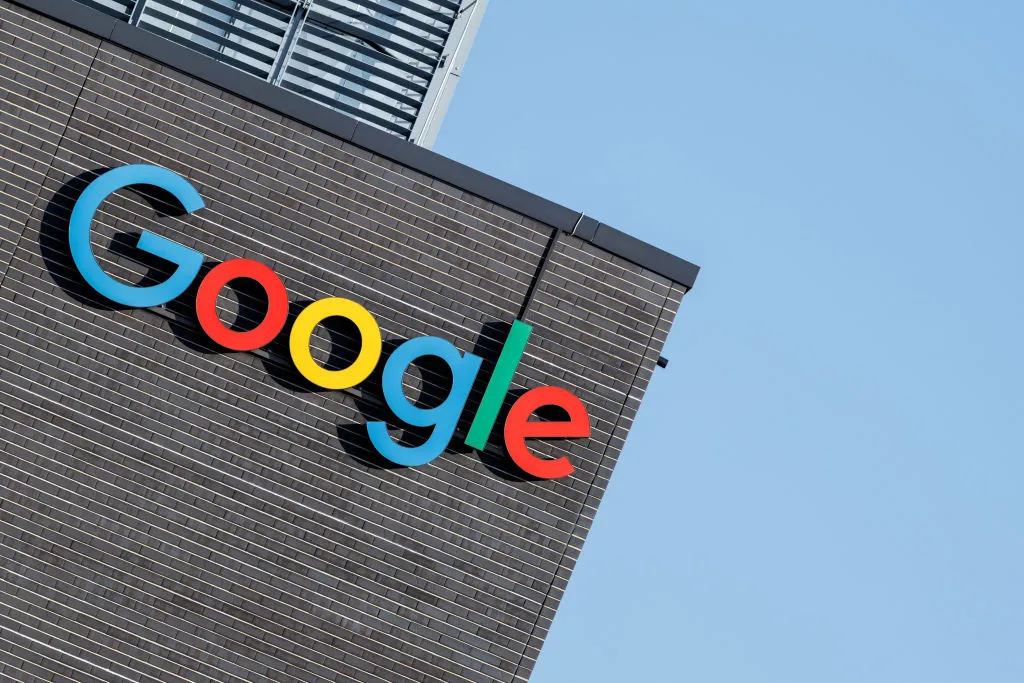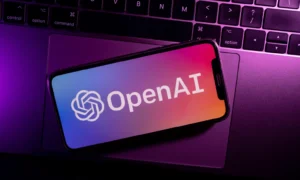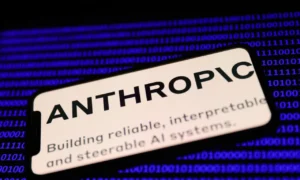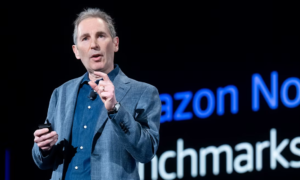A startup once powering top AI giants may now be losing them.
After Meta’s multibillion-dollar stake in Scale AI, Google and others are reportedly rethinking their ties.
Is Meta’s influence becoming too much for rivals to stomach?
The fallout reveals a lot about trust in the generative AI supply chain.
Inside the Shift: What’s Going On
Google is reportedly planning to end its relationship with Scale AI, a major AI data-labeling company.
According to Reuters, Google had initially planned to pay Scale around $200 million this year. Now, it’s shopping around for alternatives.
The timing isn’t random. Meta recently acquired a 49% stake in Scale for $14.3 billion, positioning Scale’s CEO Alexandr Wang to lead Meta’s “superintelligence” push.
This massive investment has raised eyebrows across the AI ecosystem — especially among Meta’s competitors.
Microsoft is also said to be reassessing its reliance on Scale, though no public action has been confirmed.
OpenAI, meanwhile, reportedly made its own quiet exit from the partnership months ago. However, the company’s CFO later stated that Scale remains one of several vendors in use.
Scale provides a critical service in the AI pipeline: annotation of large, complex datasets by humans trained in specialized domains.
Its clients span defense, robotics, and self-driving sectors — but its biggest customers today are those building generative AI models.
Neither Google nor Scale offered detailed comments on the report. Still, Scale told TechCrunch that it remains a strong, independent player and that customer data will stay protected.
The Bigger Picture: Why This Move Could Reshape AI’s Backbone
On the surface, this looks like a vendor shuffle. But under the hood, it’s about much more.
When one Big Tech firm buys a deep stake in a core infrastructure provider, its rivals start getting nervous.
Think of it like Amazon buying the shipping company that handles Walmart’s logistics.
Even if service stays the same, perception shifts — especially when billions of dollars and proprietary data are in the mix.
For companies like Google or Microsoft, trusting a Meta-aligned vendor to handle sensitive model-training data introduces new competitive risks.
At a time when model architecture and training datasets are treated like trade secrets, control over annotation vendors matters.
Scale AI’s influence over the quality and bias of training data gives it a powerful — and delicate — position in the generative AI arms race.
GazeOn’s Take: Where It Could Go From Here
If more AI giants pull back from Scale, we could see a wave of investment in alternative labeling vendors or internal tooling.
This might even accelerate the rise of open-source annotation platforms with better neutrality baked in.
Meanwhile, Meta’s deepening footprint in AI infrastructure is becoming harder for rivals to ignore.
Your Take?
Could Meta’s growing control over AI infrastructure hurt industry trust? Tell us what you think.
About Author:
Eli Grid is a technology journalist covering the intersection of artificial intelligence, policy, and innovation. With a background in computational linguistics and over a decade of experience reporting on AI research and global tech strategy, Eli is known for his investigative features and clear, data-informed analysis. His reporting bridges the gap between technical breakthroughs and their real-world implications bringing readers timely, insightful stories from the front lines of the AI revolution. Eli’s work has been featured in leading tech outlets and cited by academic and policy institutions worldwide.




























Pingback: Citi Expands AI Strategy, Eyes Agentic Systems at Scale
Pingback: This New Report Just Crushed the AI Hype. Brand Still Wins.
Pingback: Meta’s AI Glasses Go Sporty With Oakley Collab Launching at $399
Pingback: Google’s AI Killed the Click: Traffic Falls, Crawls Surge